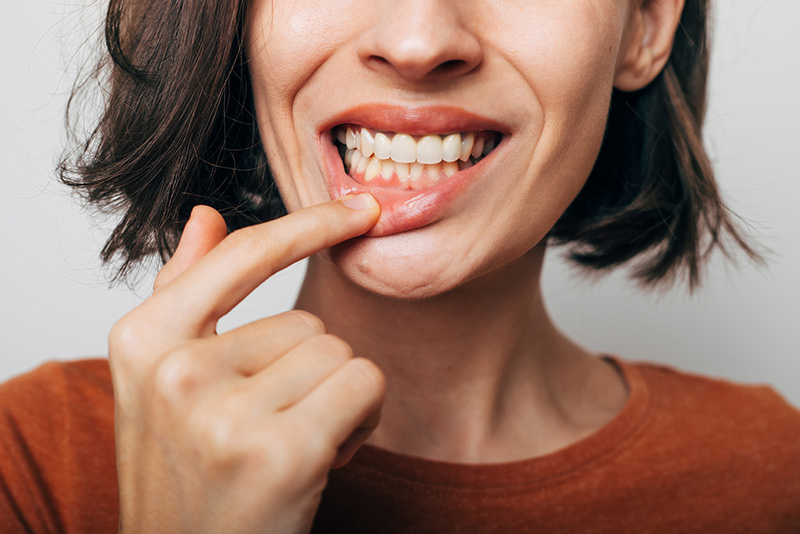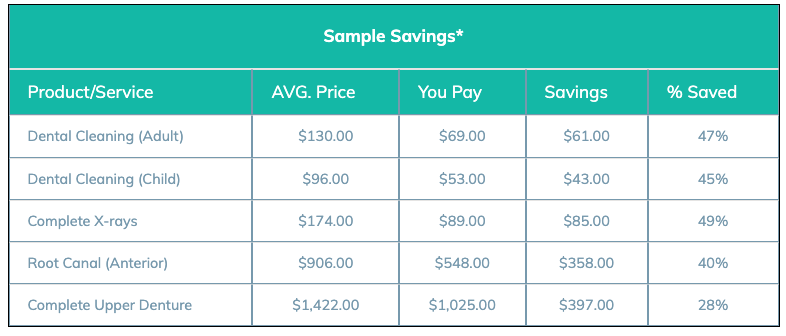
Bleeding gums can be a cause for concern and often indicate an underlying oral health issue. Ignoring this symptom can lead to more severe problems down the line. Understanding the causes, symptoms, and treatment methods is crucial for maintaining good oral health.
Causes
- Gingivitis: The most common early-stage periodontal disease caused by plaque buildup that leads to bleeding gums. The buildup irritates surrounding gum tissue causing inflammation and discoloration.
- Poor Oral Hygiene: Inadequate brushing and flossing can lead to the accumulation of plaque and bacteria, resulting in gum inflammation and bleeding. The American Dental Association recommends brushing your teeth twice a day.
- Medical Conditions: Certain medical conditions like diabetes, vitamin deficiencies, and blood disorders can increase the risk of bleeding gums. Additionally, hormone changes, thrombocytopenia and hemophilia can cause gums to bleed.
- Medications: some medications, such as blood thinners, can cause gum bleeding as a side effect. Nonsteroidal anti-inflammatory drugs such as Ibuprophen (Advil) and naproxen (Aleve) can cause gum bleeding and swelling.
Symptoms
- Gums That Bleed Easily: Bleeding gums, especially during brushing or flossing, are a common symptom of gingivitis. Plaque not removed will harden into tartar and can lead further to jawbone disease known as periodontitis.
- Swollen or Tender Gums: Inflammation and tenderness of the gums may accompany bleeding. These symptoms can also lead to the loss of teeth or receding gumlines.
- Persistent Bad Breath: Gum disease can cause persistent bad breath due to sulpher-producing bacteria buildup. Also known as halitosis, bad breath can be reversed with proper oral hygiene.
- Excessive Pain: The longer that plaque and tartar remain on your teeth, the more irritated the gingiva becomes. If there are signs of infection, it’s important to call your dentist or doctor immediately.
Treatment
- Improving Oral Hygiene: Brushing twice a day with a fluoride toothpaste and flossing daily can help remove plaque and prevent gum bleeding. Numerous studies have shown this to be the most effective in maintaining good oral health.
- Professional Dental Cleaning: Regular dental cleanings can remove plaque and tartar buildup that contribute to gum disease. It is also documented that regular cleanings can help lower the risk of heart disease and stroke.
- Antibacterial Mouthwash: Using an antibacterial mouthwash can help reduce bacterial in the mouth and promote gum health. Listerine is a well-known antiseptic mouthwash that kills most bacteria.
- Treatment of Underlying Conditions: If bleeding gums are caused by an underlying medical condition or medication, addressing these issues may help alleviate the symptom. Diabetes, leukemia, and too little vitamin C can contribute to bleeding gums.
In conclusion, bleeding gums should not be ignored, as they can be a sign of underlying oral health issues. By understanding the causes, symptoms and treatment, individuals can take proactive steps to maintain good oral hygiene and prevent gum bleeding. Remember, a healthy mouth contributes to overall well-being.
Looking for information on dental care coverage? Contact our team here for more information.



